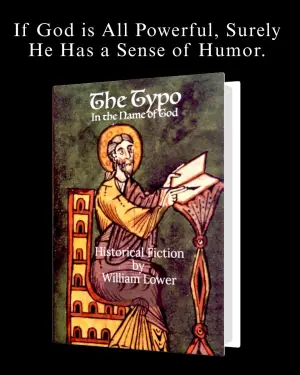
29 May Book Review of The Frindle Files
The Frindle Files: A Journey into Words and Wisdom
When I first discovered The Frindle Files, my excitement was palpable. Andrew Clements has held a special place in my heart since my childhood, making me laugh and think with Frindle. So, the chance to revisit Nick Allen — now an adult — felt like a nostalgic reunion. The anticipation only heightened when I learned that Clements had left us this gem just before he passed in 2019, a testament to his enduring creativity and relevance.
In The Frindle Files, Nick has transformed from a clever fifth-grader into an inspiring teacher grappling with a new generation of challenges. This sequel dives into themes of technology and communication with unparalleled depth. Clements doesn’t just recreate the whimsical world of Frindle; he asks the tough questions about our digital age. As Nick faces off against a computer-obsessed prankster in his classroom, we see him navigate issues like online addiction and the nuances of privacy. It’s not merely a playful nod to the past; it’s a powerful commentary that resonates deeply today.
One moment that struck me was when Nick, amid a classroom discussion, exclaims, “If I could, I would take away every screen from you and all your friends for at least another three years." This stark reminder of the digital divide between him and his students echoes my own concerns as a parent and a reader. Clements beautifully encapsulates the tension between the joys of traditional reading and the distractions of contemporary technology, provoking introspection about our own screen time habits.
The writing style feels like a warm embrace, crafted with the humor and clarity that Clements is celebrated for. The pacing is delightful, keeping readers engaged as we follow Nick’s journey. It is notably different from the quick, catchy narrative style often found in middle-grade books today. Here, we savor the moments and details, mirroring the slow, thoughtful process of nurturing ideas and expressions — much like Nick himself would advocate.
Brian Selznick’s cover design adds a nostalgic touch, reminiscent of the original Frindle, inviting readers both new and old to dive into this fresh narrative. The illustrations meld seamlessly with the story, enhancing the reader’s connection to Nick’s journey.
Ultimately, I believe The Frindle Files will resonate with a wide audience: parents eager to discuss tech addiction, educators seeking relatable material for their students, and children who are navigating their own definitions of communication in the digital age. It serves as both an entertaining read and a thoughtful exploration of how words, once just invented, shape our lives and relationships.
Reading this book was more than a nostalgic trip; it reminded me of the power words hold and the importance of meaningful connection in a world increasingly dominated by screens. Andrew Clements may have left us, but his wisdom and infectious spirit live on in every page of this remarkable sequel. So grab your favorite reading nook, and prepare to be whisked away in the enchanting world of The Frindle Files!









